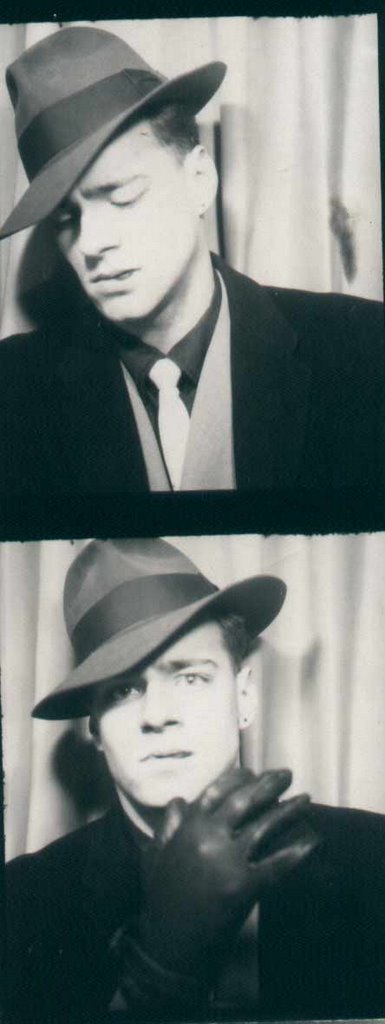Take public heath, for example. In the late seventeenth century Paris was without a sanitary system — its streets were a gigantic latrine for five hundred thousand people. The terraces of the king's palace — the Tuileries — smelled so strong that no one dared go onto them except to relieve themselves.At that point in history, the modern administrative structure was in its infancy, limited to little more than the maitres de requétes. An early form of ombudsmen, they were judges who listened to complaints and requests addressed to the king. Richelieu had not even begun his razing of city walls with the idea of making central administrative control possible.One hundred and fifty years later, in 1844, very little had changed. Six hundred thousand of the 912,000 residents of Paris lived in slums. At Montfaucon, in the north of the city, transporters of excrement, who had been collecting door-to-door during the night, dumped their loads into great swamps of the same matter. Men spent their lives living on these shores and wading out every day in search of small objects they might sell. At Lille, in the 1860s, in the working-class district of Saint-Sauveur, 95 percent of the children died before the age of five.The famed Paris sewer system was created over a long period in the second half of the last century. The long delays were largely due to the virulent opposition of the property owners, who did not want to pay to install sanitary piping in their buildings. These people were the New Right of their day. The Prefect of Paris, Monsieur Poubelle, succeeded in forcing garbage cans on the property owners in 1887 only after a ferocious public battle. This governmental interference in the individual’s right to throw his garbage into the street -- which was, in reality, the property owner's right to leave his tenants no other option -- made Poubelle into the "cryptosocialist" of the hour. In 1900 the owners were still fighting against the obligations both to put their buildings on the public sewer system and to cooperate in the collection of garbage. In 1904 in the eleventh arrondissement, a working-class district, only two thousand out of eleven thousand buildings had been piped into the sewer system. By 1910 a little over half the city's buildings were on the sewers and only half the cities in France had any sewers at all.Photos of early-twentieth-century Marseilles show great piles of refuse and excrement down the centre of the streets. Cholera outbreaks were common and ravaged the population. In 1954 the last city without, St. Remy de Provence, installed sewers.It was the gradual creation of an effective bureaucracy which brought an end to all this filth and disease, and the public servants did so against the desires of the mass of the middle and upper classes. The free market opposed sanitation. The rich opposed it. The civilized opposed it. Most of the educated opposed it. That was why it took a century to finish what could have been done in ten years. Put in contemporary terms, the market economy angrily and persistently opposed clean public water, sanitation, garbage collection and improved public health because they appeared to be unprofitable enterprises which, in addition, put limits on the individual's freedoms. These are simple historic truths which have been forgotten today thus permitting the fashionable belief that even public water services should be privatized in order that they night benefit from the free-market system.
This is one more example, of which there are many, of why this capitalist system has got to go!






